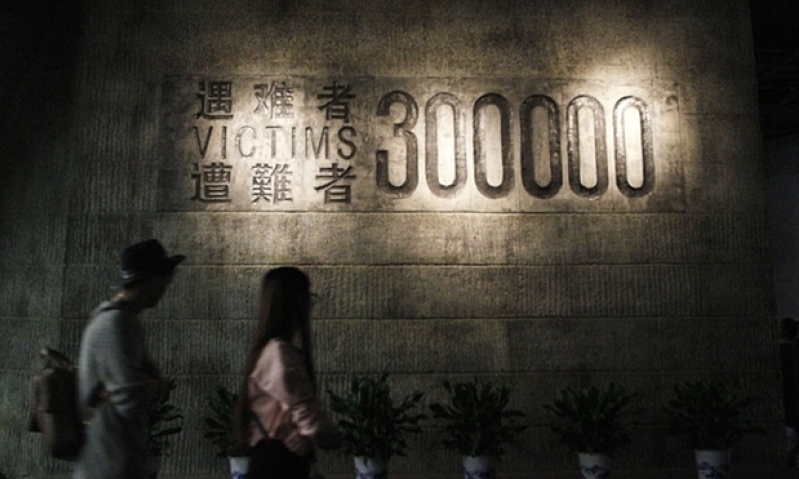
Japan may halt funding for UNESCO over the U.N. heritage body's decision to include documents relating to the 1937 Nanjing Massacre, its top spokesman said, prompting a sharp retort from China, which called the threat "shocking and unacceptable".
The bitter legacy of Japan's military aggression before and during World War Two still haunts ties between Asia's two biggest economies 70 years after the end of the conflict.
UNESCO included the dossier submitted by Chinese organizations in the latest listing of its "Memory of the World" program, which is intended to preserve important historical materials.
Japanese Chief Cabinet Secretary Yoshihide Suga said on Tuesday it was "problematic" that UNESCO had made its decision despite the conflicting views of Japan and China.
Japan says there are questions about the authenticity of the documents. The panel that made the decision consisted of experts in document preservation, not historians who can check the veracity of the content, a Japanese government source said.
"The government would like to ask for fairness and transparency in the Memory of the World program so that it would not be used for political purposes," Suga said.
"As for Japan's (financial) contribution (to UNESCO), we plan to look into all possibilities and revisions, including halting payments," he told a news conference.
Japan contributed 3.72 billion yen ($31 million) to UNESCO in 2014, or about 10.8 percent of its total budget.
In Beijing, Chinese foreign ministry spokeswoman Hua Chunying said there was nothing wrong with the documents or the application process.
"Japan can threaten to remove funding to the relevant U.N. body but it cannot rub away its stains from history. The more it rubs, the blacker it becomes," she told a daily news briefing.
China says Japanese troops killed 300,000 people in the massacre. A post-war Allied tribunal put the death toll at about half that number.
"The (Japanese) government believes there is no denying that some killings of non-combatants and acts of looting took place," Suga said. "But there are various debates on the issue and Japan's stance is that it is difficult to put a finger on specific numbers."
Some Japanese conservatives periodically say that accounts of the massacre are a fabrication or exaggerated.
Sino-Japanese ties have also been frayed by territorial rows and mutual mistrust over China's growing military assertiveness, as well as Japan's bolder security stance, although ties have thawed somewhat recently. China's top diplomat was in Japan on Tuesday for high-level political talks.
The Chinese dossier, covering the period from Dec. 13, 1937 to early 1938, includes court documents from the Allied tribunal and a separate Chinese military tribunal, as well as photographs said to be taken by the Japanese army and film taken by an American missionary.
(Additional reporting by Ben Blanchard in BEIJING; Writing by Linda Sieg; Editing by Paul Tait and Clarence Fernandez)







